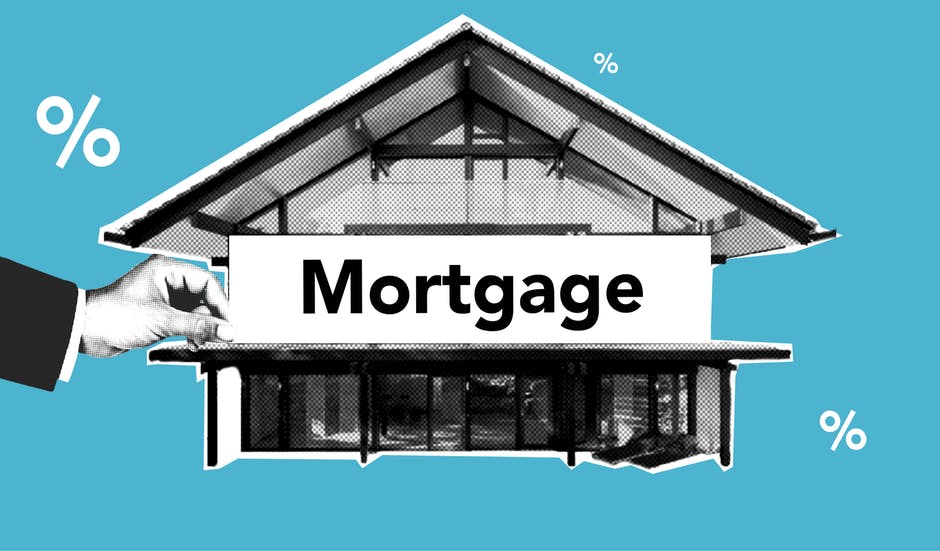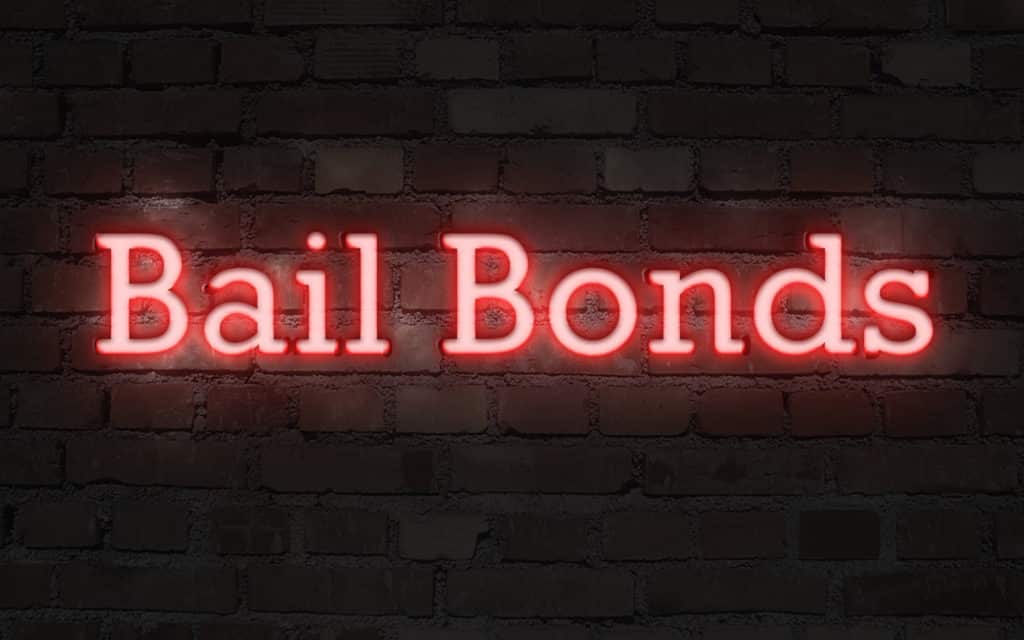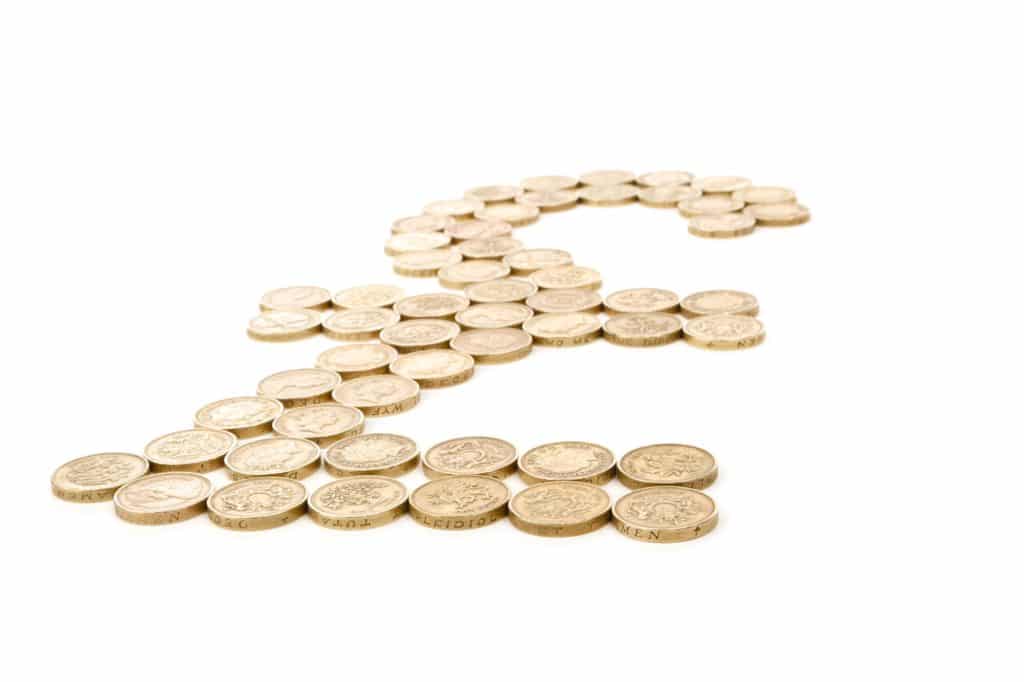More and more mortgage loans are getting approved by the Bank of England every year. In April 2021, 86,921 of them got approved which was an 81% increase year-over-year.
Do you have a mortgage as well? Are you almost finished paying it off or did you remortgage it and are now deeper in debt than ever?
A mortgage is good debt, but does that mean that you should hold off on paying off your mortgage and invest instead? This is an age-old debate in financial circles and among homeowners – ‘pay off my mortgage or invest?’
Each individual will be different in which course they should choose. Keep reading for some factors that can help you decide.
Pay Off Your Mortgage Quicker
If you are the kind of person who stays up at night worrying about your mortgage and the debt that you are under, then your best course of action is to pay off your mortgage quicker. There’s no need to become an anxious wreck or deteriorate your mental and physical health because you are constantly worrying about your mortgage.
Also, consider that inflation is causing interest rates to rise rapidly. If that’s a concern of yours, then paying off your mortgage early is a good way to boost your finances.
Pros
There are many pros to paying off your mortgage quicker:
- You become debt-free and that frees you up in a way
- You don’t have to pay exorbitant amounts for interest payments
- Once you pay down your mortgage you are free to use that additional income as you wish
Don’t make the mistake though of paying down your mortgage, only to use that leverage to buy some other big-ticket items, like a car or a world cruise.
Cons
Some cons to consider when paying off your mortgage sooner:
- There are prepayment penalties to paying off your mortgage sooner
- You are going to miss out on all tax deductions and advantages of having a mortgage
If your mortgage is your only investment, then you are in big trouble. That’s because you are missing out on all the other potential investments you could undertake.
Putting Your Money Into Investments
Some folks are firmly entrenched in the ‘save for retirement first‘ camp. The main reason for this? The power and magic of compound interest over time.
Pros
If you start investing when you are in your 20s, you have to invest less money over your lifetime, than someone who pays off their mortgage first and then starts investing in their 40s or 50s.
Let’s look at the numbers. If you start saving in your 20s and invest $100 every month for 40 years, you would end up with a neat $1.17 million after.
A friend of yours who waits until their 50s to start investing, even if they invest $1000 a month for 10 years, would only have $230,000. This assumes a 12% compound rate on your investments.
But, the conclusion is quite clear. Waiting to invest can rob you of all that precious compound interest and growth time. You would have to invest more money each month if you start later and you won’t even end up with that much more despite the additional investment.
Another big pro to investing your money starting now, rather than waiting until you pay off your mortgage is that you can take advantage of any employee matching programs that your job might offer. This is essentially free money that you can pour into your investments at no disadvantage to you.
Cons
Not to say that there are no cons to this way of doing things. No matter if you are putting money into investments each month, your debt is still looming large over your head.
Your mortgage is there in the background, constantly reminding you that you are in debt and your assets aren’t liquid. You can’t stop making mortgage payments, and that can put a dire strain on your finances as you try to juggle both investments and mortgage payments while trying to live a reasonable quality of life.
Some folks live an extremely frugal life because they don’t have enough income to balance both mortgage and investments at the same time. But if that’s not something that appeals to you, then this option might not be up your alley.
Doing Both in Moderation
When you can’t figure out if one way or another works for you, then the middle way seems like the best option. Instead of pouring all your disposable income into paying off your mortgage or investing, how about you put a moderate amount into both?
This way you don’t have to sacrifice your current lifestyle for your future self. You can still enjoy an occasional meal out and a bit of travel each year. And you can splurge on big-ticket items when the need arises.
You can make decent progress towards both goals by tamping down on your impatience and taking it slow and steady. You might not pay down your mortgage in 15 years or you might not make millions from your investment, but at least you will be able to live a balanced lifestyle while taking care of your financial future.
Everyone reading this article is working with a different life situation. We can’t tell you which option is best for you. You would have to decide that for yourself, but the information above should make your decision easier.
Question: Pay Off My Mortgage or Invest?
This question might seem simple, ‘pay off my mortgage or invest,’ but the answer is quite complicated indeed. Take your time and use all the information presented above to make the best judgment for yourself.
There isn’t a ‘wrong’ answer to this question. It’s just what you are comfortable with and what risk and debt level you can handle. If you would like to read more articles on retirement to build up your knowledge base, keep browsing through our blog.









